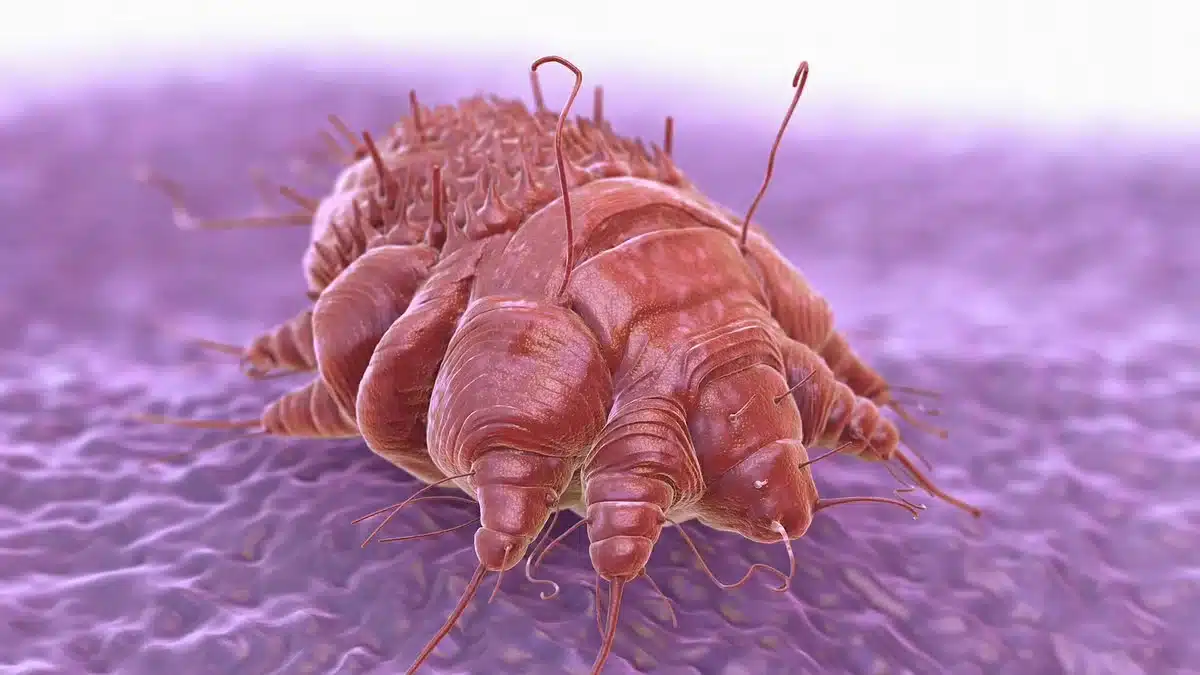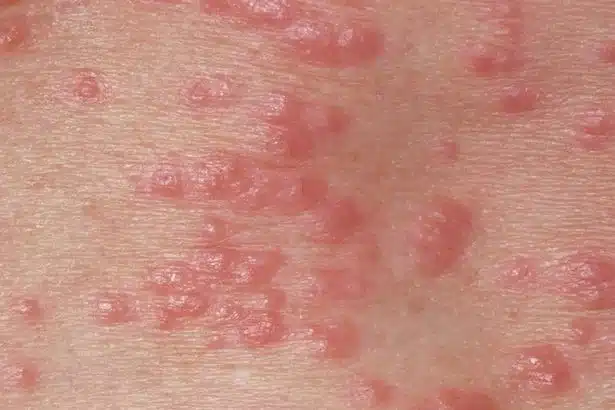Scabies Outbreak in Ireland, Irish Healthcare Officials Warn

Irish health officials are urging the public to be vigilant about a highly contagious skin condition, scabies, which has seen a concerning rise in reported cases.
The Health Protection Surveillance Centre (HPSC) issued a health crisis alert in Ireland today highlighting the increased number of scabies outbreak nationwide. The number of confirmed contagious virus outbreaks in Ireland in 2023 nearly tripled compared to the previous year, with a further eight outbreaks reported so far in 2024. Tiny mites that burrow into the skin and lay their eggs are the source of the widespread skin disorder scabies.
(Also read 3 more Acts added to Live at the Marquee 2024.)
While not life-threatening, it’s highly contagious and can spread easily through prolonged skin-to-skin contact, including during sexual activity.
It’s important to note that symptoms can take up to three to six weeks after infection, meaning the individual can unknowingly spread the mites to others during this period.
While the most common contagious infection symptoms in Ireland are intense itching and a rash, scabies can be mistaken for other conditions like eczema or insect bites due to the similar presentation of redness and itchiness caused by scratching.
However, there are specific signs that can help identify scabies, such as the location and size of the rash.
According to the World Health Organization, the key symptoms include:
- Severe itching, significantly worse at night
- Itchy lines (burrows) and bumps (papules) on areas like fingers, wrists, arms, legs, and the waistline
- Inflamed bumps on the male genitalia and female breasts
- Larger rashes on the palms, ankles, soles of feet, and scalp in infants and young children
The HPSC emphasises that “itching, typically affecting the entire body and intensifying at night, is often the first symptom. A rash might also appear in affected skin areas, particularly folds between the fingers and toes. A less common, highly contagious variant called crusted scabies can occur in individuals with compromised immune systems or mobility issues.”

Scabies Outbreak – Do’s and Don’ts
While scabies isn’t usually severe, it requires proper management to prevent further spread and ensure successful treatment. If you suspect you have scabies, the HPSC advises contacting your GP or pharmacist for diagnosis and treatment options. Contagious illness prevention tips typically involve medicated creams applied directly to the skin and other necessary measures.
“Following the prescribed application instructions and leaving the cream on for the recommended duration is crucial for successful treatment,” the HPSC stresses, adding that “a second application is typically required one week later to complete the treatment cycle.”
The good news is that individuals can return to work, school, or child care 24 hours after the first cream application. However, it’s important to note that the itching might persist for a few weeks even though the treatment kills the mites quickly.
Anyone, regardless of age, is susceptible to scabies, and it can spread easily through close skin-to-skin contact, including during sexual activity. It’s crucial to remember that scabies is not indicative of poor hygiene.
Furthermore, the HPSC advises that “if you have scabies, it’s essential to inform close household members and sexual contacts, even if they haven’t experienced symptoms. They should all receive the same treatment and follow management recommendations simultaneously to effectively control the infection and prevent further spread.”
By staying informed and seeking medical attention at the first sign of symptoms, we can work together to curb the Scabies outbreak in Ireland.
LATEST NEWS
DISCOVER MORE






